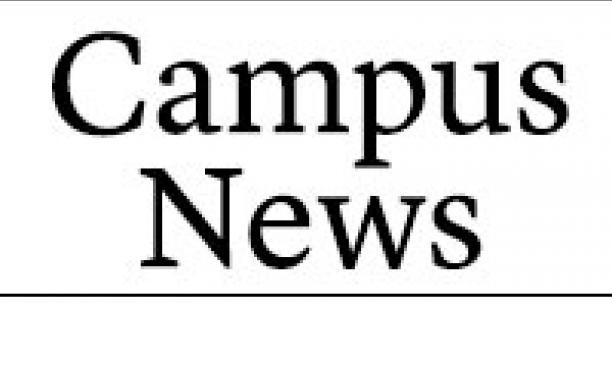
Emily VanderLinden ’13 showed up at “The People’s Kitchen” in Zuccotti Park on Oct. 16 intent on helping out with the community effort, which was set up to provide food for participants in the Occupy Wall Street protests. But VanderLinden came away with more than just a dishwashing experience: She also found herself pleasantly surprised by the spectrum of people she met in the kitchen who were involved with the movement.

“I got engaged with people in a really unique way,” she said, describing conversations with both the homeless and the affluent in the communal kitchen. “A little piece of everyone can support this movement, to be honest.”
VanderLinden is one of several Princeton students who have been making their way to New York City on recent weekends to check out Occupy Wall Street, a series of demonstrations in the financial district that started on Sept. 17, 2011. Demonstrators are largely protesting corporate greed, social and economic inequality, and corporate influence over the government – and several students from the University are joining in, whether as supporters or curious observers.
Brandon Davis ’13 said he headed to the city because he was interested in what was going on and “wanted to see what it was all about.” He noted that the high energy of the protests was particularly memorable.
“I went to a couple of Obama rallies,” he said. “But even that didn’t really come close to the passion, unity, and energy that was at Zuccotti Park.”
VanderLinden expressed a similar sense of awe at the size and scope of the demonstrations, remembering in particular the incidences of “echoing” – a practice where a speaker says something which is then repeated by the group closest to the original speaker so that the people behind them can hear.
“I think that was just a really good example of what democracy is. Everyone’s voice was heard,” she said.
While students who attended the protests generally reported unforgettable experiences, most said they were not completely sure of their stance on the movement.
“I don't have a firm opinion on the movement itself,” Randy Khalil ’13, who attended the protests, said in an email. “But I can empathize with the grievances that drew such a large swath of people from all backgrounds.”
Meanwhile, Davis said that while he supported the idea of the public holding government accountable and speaking up for their beliefs, he wasn’t sure if he supported the movement because of its numerous elements and goals.
“There are just so many different people speaking their mind right now,” he explained. “So I think we’ll see in the next few weeks what will happen with that.”
Regardless of their stance, the students said they were pleased to see other Princeton students in attendance at the demonstrations. Khalil estimated that 20 to 30 Princeton students were at the protests at the same time that he was, despite the University’s “reputation for not being a very politically active campus.”
But there is work to do yet, VanderLinden said, adding that she feels activism is “seriously lacking among college-aged kids.”
“I wish more people were activists here,” she said. “So I just get out when I can.”
